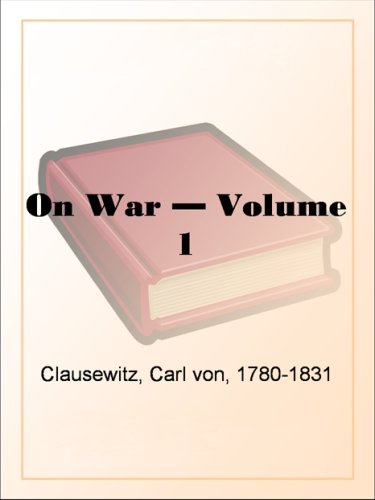Sublime
An inspiration engine for ideas

On War created a rational model for understanding war, and it is still the dominant military theory today. Its most important maxim is that “war is the continuation of policy by other means.”[23] This implies that war is not an emotional outbreak, a heroic adventure, or a divine punishment. War is not even a military phenomenon. Rather, war is a
... See moreYuval Noah Harari • Nexus: A Brief History of Information Networks from the Stone Age to AI
Just a moment...
business.columbia.edu
Theory versus practice. Training versus improvisation. Planning versus friction. Force versus policy. Situations versus sketches. Specialization versus generalization. Action versus inaction. Victory versus defeat. Love versus hate. Life versus death. Leading from within clouds versus keeping the ground in view. But no “versus” whatever between art
... See moreJohn Lewis Gaddis • On Grand Strategy
Conner gradually led Eisenhower to a more advanced level of military study.24 The general introduced his assistant to the writings of the 19th-century Prussian military theorist Carl von Clausewitz, whose On War remains an influential treatise on warfare. Eisenhower struggled to grasp the military maxims set forth by Clausewitz, so Conner had
... See moreSteven Rabalais • General Fox Conner: Pershing's Chief of Operations and Eisenhower's Mentor (The Generals Book 3)
How, though, do you “prune” theory? By not asking too much of it, Clausewitz replies. “[I]t would indeed be rash” to deduce, from any particular reality, “universal laws governing every single case, regardless of all haphazard influences.” But those who never rise “above anecdote”—those indefatigable repeaters of pointless stories—are equally
... See moreJohn Lewis Gaddis • On Grand Strategy
“No other human activity is so continuously or universally bound up with chance,” Clausewitz writes of war in On War. It’s a “paradoxical trinity,” composed of the passions that cause combatants to risk their lives, the skill of their commanders, and the coherence of the political objectives for which the war is being fought. Only the last is fully
... See more